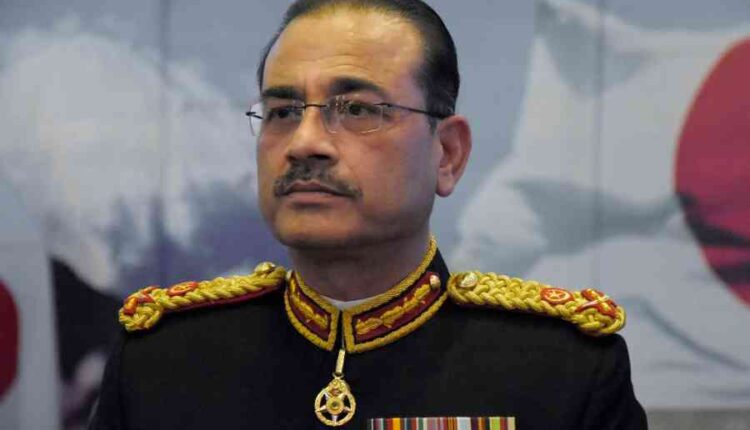Pakistan’s Army Chief Asim Munir Emerges from Shadows to Confront India Over Kashmir
Pakistan’s top military officer, General Syed Asim Munir, has stepped into the spotlight with sharp rhetoric against India following a deadly terrorist attack in Indian-administered Kashmir that killed over two dozen Hindu tourists near Pahalgam.
Previously known for maintaining a low public profile, Gen. Munir has taken center stage amid rising Indo-Pakistani tensions, declaring that any Indian military action would be met with a “swift, resolute and notch-up response.” He made the remarks atop a tank during military drills, signaling a bold and highly visible stance.
This marked shift in posture comes as India weighs a response to the Pahalgam attack, the deadliest of its kind in the region in years. Munir’s comments have drawn attention not only in Islamabad and Delhi but also globally, with analysts noting his ideological framing of the conflict and growing assertiveness.
In a recent address to cadets, Munir invoked the “two-nation theory,” the ideological foundation of Pakistan’s creation, and reiterated Kashmir’s status as Pakistan’s “jugular vein,” vowing unwavering support for Kashmiris. The remarks sparked criticism from India’s Foreign Ministry, which condemned them as inflammatory and reiterated its claim that Kashmir is an integral part of India.
Munir’s statements are seen as both a projection of strength and a move to galvanize public and military support in a country grappling with political instability and economic challenges. His tough tone also reflects a long-held hardline view shaped by his leadership roles in Pakistan’s intelligence services.
Indian commentators and analysts have linked the timing of Munir’s remarks to the Pahalgam attack. Editor Shekhar Gupta said India cannot afford to ignore the overlap between the general’s speech and the deadly assault, which has intensified calls within India for a stronger response than past retaliatory strikes.
While India points fingers at Pakistan, Islamabad has rejected any involvement, with its UN envoy, Asim Ahmad, insisting the region’s instability stems from the unresolved Kashmir dispute. Ahmad also confirmed that Pakistani officials have held talks with China, a key ally, amid the diplomatic scramble to de-escalate.
Despite calls for restraint from the United States and the United Nations, fears remain that rhetoric on both sides may fuel further confrontation, especially with both countries being nuclear-armed. As Gen. Munir’s influence grows, so too does the question of whether diplomacy can contain the crisis.



[…] at the International Court of Justice (ICJ) ruled they lacked jurisdiction to hear the case. Although both Sudan and the UAE are parties to the 1948 Genocide Convention, the UAE has a reservation that […]